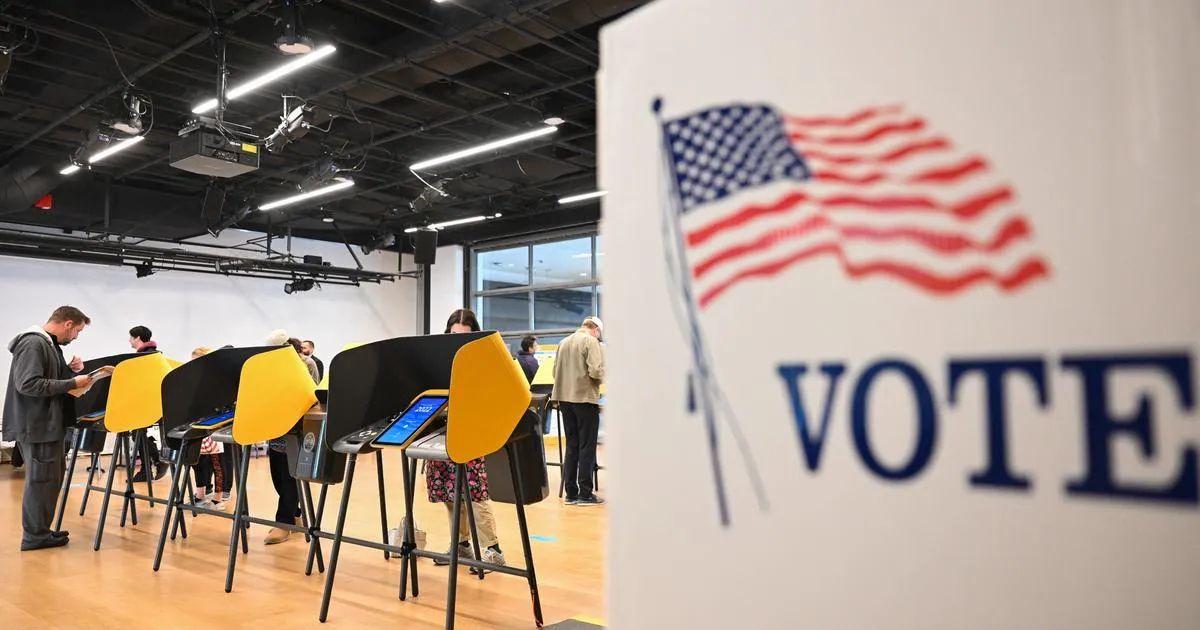
Over the past month, the U.S. government has rapidly moved to pause, disband, and dismantle its efforts to combat foreign meddling in elections. This decision has sparked significant concern among federal lawmakers and election officials nationwide who depend on federal agencies like the Cybersecurity and Infrastructure Security Agency (CISA) to alert them about threats to election systems.
In a series of swift actions, numerous CISA personnel responsible for preventing foreign interference in U.S. elections have been put on leave or terminated. Notably, Attorney General Pam Bondi disbanded the FBI task force focused on foreign influence operations from countries such as Russia, China, and Iran on her first day in office, February 5.
CISA's acting director announced an internal review to assess every position and program related to election security, including misinformation and disinformation, dating back to the beginning of President Trump's term. The findings are expected to be delivered in a final report on March 6.
In the interim, CISA has defunded a national program designed to train state and local officials and provide threat monitoring services. Acting Director Bridget Bean emphasized the need to refocus the agency's election security efforts to align with its core mission of cyber and physical security.
State officials have voiced significant concerns about these developments. Minnesota Secretary of State Steve Simon highlighted past attempts by foreign entities to interfere with elections, underscoring the importance of maintaining robust defenses. Arizona Secretary of State Adrian Fontes compared the cuts to shutting down vital services ahead of a natural disaster, emphasizing the ongoing threat posed by foreign adversaries.
Federal agencies like CISA and the FBI play a crucial role in coordinating with state election offices to protect against cyber and physical threats, as well as foreign influence campaigns. Pennsylvania Secretary of State Al Schmidt noted the importance of a national perspective in understanding and mitigating threats to the electoral process.
Despite the cuts, nearly 40 chief election officials have urged the Department of Homeland Security Secretary Kristi Noem to continue providing cybersecurity and physical security services to states. These services are vital in defending against sophisticated cyber threats from nation-state and cybercriminal groups.
While CISA is refocusing its mission, there are concerns that the cuts may hinder the agency's ability to identify false content and protect election infrastructure. The new administration has yet to nominate a new CISA director, leaving the agency's leadership in transition.
Recent actions by former President Trump, such as attempting to fire the Federal Election Commission chair, highlight ongoing tensions surrounding election security and campaign finance issues. Accusations of CISA coordinating with social media companies to police misinformation have been denied by the agency, yet they remain a point of contention.
CISA's ongoing internal investigation is part of a broader directive to assess Biden administration activities and their alignment with Trump's policies. The outcome of this probe remains uncertain, with questions about its public release and the involvement of the Attorney General.
The situation raises concerns about a potential retreat from critical anti-disinformation efforts, with officials warning that even a single belief in disinformation could lead to violent or threatening actions.